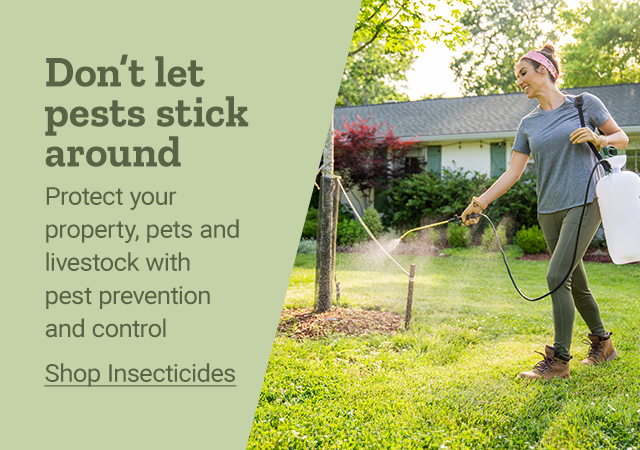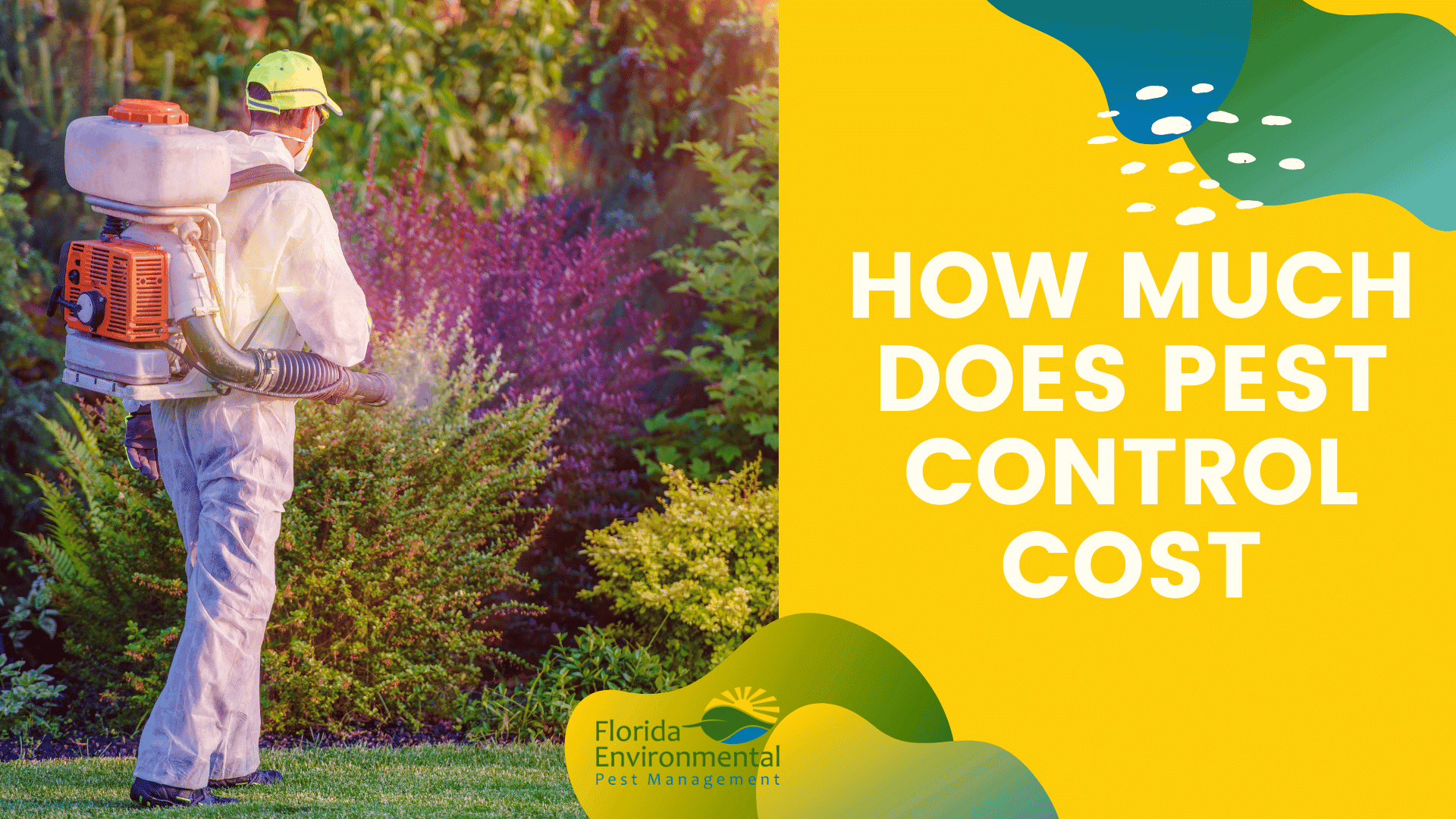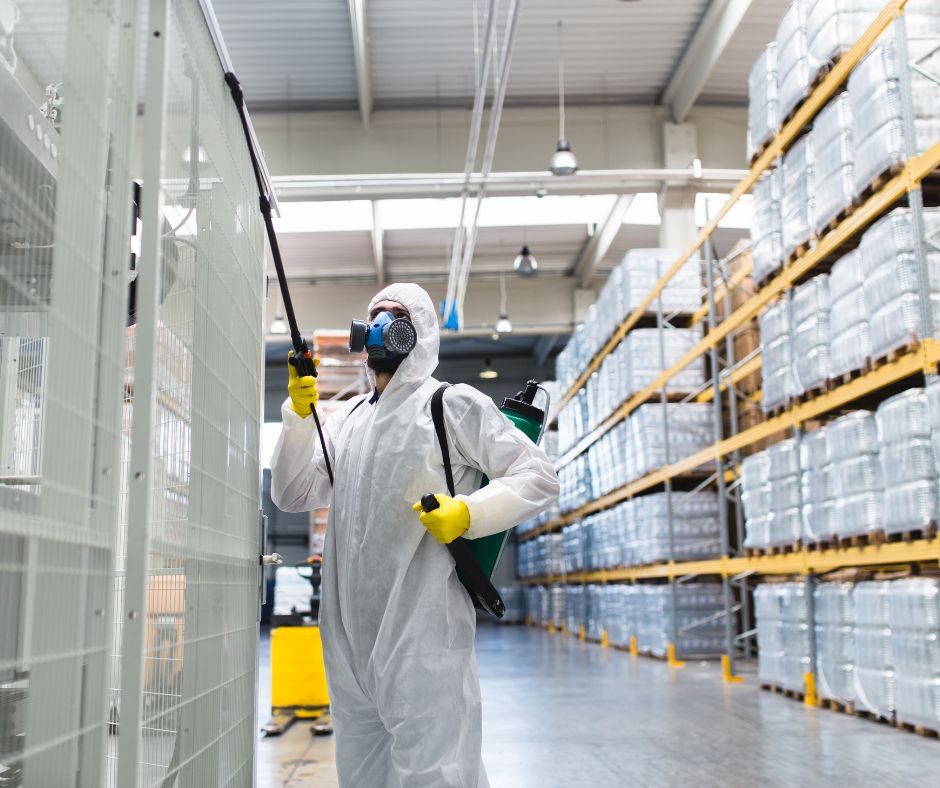Get Rid of Mosquitoes with Expert Mosquito Control Services in Port Charlotte
Uncover the Importance of Bug Control in Maintaining a Healthy And Balanced Atmosphere and Therapy Methods

The Duty of Insects in Ecological Communities
Bugs, often watched solely as hassles, play a multifaceted function in ecosystems that is crucial for keeping ecological equilibrium. They add substantially to numerous ecological processes, consisting of pollination, nutrient cycling, and bug control. Many insect types, such as butterflies and , are essential pollinators for a wide range of plants, which in turn supports biodiversity and food manufacturing.
In addition, insects act as victim for many killers, developing a crucial link in food webs. This interdependence makes sure the survival of different types and assists manage populaces within ecological communities (Termite treatment Port Charlotte). Decomposer bugs, such as specific beetles and fungi, are important in breaking down organic issue, hence improving dirt and helping with nutrient recycling.
Conversely, while pests can be beneficial, their overpopulation or intrusion right into non-native atmospheres may disrupt these ecological features. This intricacy highlights the value of comprehending bug dynamics, as reliable insect monitoring methods have to take into consideration both their eco-friendly roles and prospective effect on human activities. Stabilizing pest visibility while lessening damage is necessary for protecting the integrity of ecological communities and making sure agricultural performance.
Health And Wellness Risks Connected With Insects
The presence of bugs in various settings prolongs past their environmental duties, as they likewise posture considerable health dangers to pets and humans. Several insects, consisting of rodents, bugs, and bloodsuckers, are carriers of illness that can have significant health ramifications. As an example, rodents are understood to send hantavirus and leptospirosis, both of which can result in extreme respiratory and renal problems, specifically.
Insects such as insects and ticks are infamous for spreading vector-borne illness like jungle fever, dengue high temperature, and Lyme condition. These diseases can lead to high morbidity and death prices, specifically in vulnerable populations. Furthermore, bugs like roaches and vermins can exacerbate allergies and asthma, contributing to respiratory issues in individuals, particularly those with pre-existing problems.
Moreover, the visibility of parasites can bring about emotional stress and pain, impacting overall well-being. Contamination of food and surface areas by parasite droppings and continues to be can bring about foodborne illnesses, highlighting the importance of maintaining hygienic problems. Consequently, recognizing the wellness threats connected with bugs is vital in acknowledging the requirement of effective pest management approaches to guard animal and human wellness.

Benefits of Efficient Bug Control
Reliable parasite control is important for keeping a healthy and safe setting, as it continually mitigates the numerous threats linked with parasite problems. Among the key advantages of efficient insect administration is the reduction of carcinogen. Pests such as rodents, mosquitoes, and roaches are vectors for illness that can impact both humans and pets. By managing these populations, the likelihood of this link condition transmission is dramatically lowered.
Additionally, reliable insect control safeguards residential or commercial property and frameworks from damage. Several insects, like termites and Get More Information woodworker ants, can cause considerable structural damages that may need costly repair services. By proactively managing these invasions, house owners and businesses can safeguard their financial investments.
An additional significant advantage is the renovation of total lifestyle. A pest-free environment contributes to psychological health and lowers stress related to invasions. In addition, reliable pest control fosters a safer atmosphere for pet dogs and youngsters, ensuring that homes remain sanctuaries devoid of damaging chemicals and disease-causing microorganisms.
Usual Parasite Control Strategies

In the world of pest monitoring, different strategies are utilized to combat invasions effectively. These strategies can be broadly classified into 3 main strategies: cultural, mechanical, and chemical controls.
Social control includes changing practices to lower insect establishment, survival, and recreation. This may consist of crop turning, proper cleanliness, and environment manipulation, which jointly develop an environment much less for pest expansion.
Mechanical control employs physical techniques to get rid of bugs (Termite treatment Port Charlotte). Methods such as vacuum cleaners, obstacles, and catches are generally made use of to straight remove pests from an area. This approach is particularly efficient for handling rodents and insects without the use of hazardous chemicals
Chemical control involves the application of chemicals to take care of parasites. These materials can be classified into insecticides, herbicides, and fungicides, each targeting have a peek at this website specific kinds of bugs. It is vital to utilize these chemicals sensibly, adhering to safety and security standards and guidelines to reduce potential injury to non-target types and the atmosphere.
Each pest control strategy has its constraints and benefits, and frequently, an integrated strategy integrating multiple approaches produces the most effective outcomes in preserving a pest-free environment.
Lasting Insect Monitoring Practices
Sustainable pest monitoring methods incorporate a variety of strategies created to reduce ecological effect while properly managing pest populaces. These methods focus on using eco-friendly approaches over chemical pesticides, thus lowering the danger of injury to non-target species, consisting of advantageous pests, wildlife, and people.
Integrated Pest Administration (IPM) is a keystone of sustainable methods, incorporating biological, social, mechanical, and chemical methods to manage bugs. As an example, organic control involves introducing all-natural killers or parasites to suppress bug populaces. Cultural practices, such as plant turning and polyculture, interfere with pest life cycles and enhance environment strength.
Mechanical methods, such as traps or barriers, can properly prevent pest access without chemical intervention. Furthermore, preserving healthy environments via correct dirt monitoring, plant health, and biodiversity can naturally mitigate pest issues.
Education and awareness are important components, empowering individuals and areas to identify parasite hazards early and apply preventative actions. Termite treatment Port Charlotte. By cultivating an all natural technique that balances insect control with ecological integrity, lasting parasite monitoring methods not only protect plants and frameworks but additionally add to a healthier environment for future generations
Conclusion

Comprehending the health threats associated with parasites is vital in recognizing the need of effective parasite administration approaches to secure human and animal wellness.
Efficient parasite control is vital for maintaining a healthy and balanced and safe atmosphere, as it continually reduces the countless risks linked with pest invasions.Integrated Pest Administration (IPM) is a keystone of sustainable methods, incorporating biological, social, mechanical, and chemical methods to manage bugs. By recognizing the role of bugs, identifying associated health and wellness threats, and employing diverse therapy strategies, a sustainable method to pest administration can be attained. Integrated Pest Management (IPM) highlights an all natural approach that reduces harm to valuable organisms while effectively regulating insect populations.